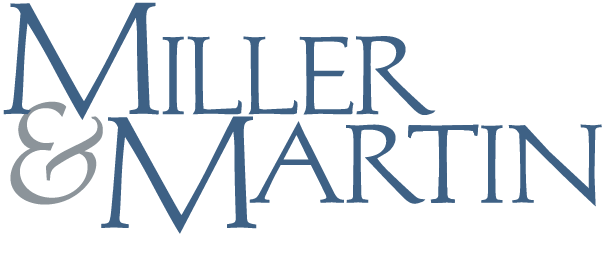Fun New FMLA Facts from the DOL
Miller & Martin PLLC Alerts | August 30, 2018
Author: Stacie Caraway
The Wage and Hour Division of the Department of Labor (DOL) had taken a break for the past 9 years from issuing Opinion Letters. These Letters are not binding/do not have the effect of law, but can be beneficial to employers seeking to discern between the various ways a particular regulation may be practically interpreted and applied in “real life.”
Of the 23 new Opinion Letters which have been issued so far this year, two of these address fun new facts regarding the FMLA. Specifically, they answer the following 2 questions.
May employers “freeze” employee attendance points during a period of continuous FMLA leave?
The Wage and Hour Division of the DOL says “yes.”
The scenario presented for this Opinion Letter was typical of many employers’ that utilize a “12-month roll-off” regarding their attendance point systems. The employer who requested the Opinion Letter was “freezing” attendance points while employees were on a continuous FMLA leave. The employer’s question was whether this could be construed as being punitive in any way against those using FMLA leave since “freezing” the points would mean they would stay on these employees’ attendance records longer than the usual 12 months.
The DOL’s grounds for finding that “freezing” was not punitive against those taking FMLA leave was based on the same FMLA regulation which provides that employers do not have to award bonuses or other awards for attendance to those who would have qualified for the same but for using FMLA leave.
Removal of absenteeism points is a reward for working and therefore an employment benefit under the FMLA. An employee neither loses a benefit that accrued prior to taking the leave nor accrues any additional benefit to which he or she would not otherwise be entitled. WHD’s [The Wage and Hour Division’s] longstanding position is that such practices do not violate the FMLA, as long as employees on equivalent types of leave receive the same treatment.
The DOL’s only caution on this point thus was to make sure the points for other employees on non-FMLA extended leaves were being treated the same way/were being “frozen” during their periods of extended non-FMLA leave as well.
Do employers have to pay employees for breaks which are shorter than 20 minutes, if the reason they are taking the break is covered by the FMLA/the break constitutes FMLA leave?
The DOL’s answer here is “no.”
The reason for this question was the employer presenting it was trying to reconcile the WHD’s general rule that “all breaks of less than 20 minutes are compensable” with the fact that FMLA leave is supposed to be unpaid.
The first basis for the DOL’s answer was that “FMLA leave is time off primarily for the benefit of the employee” such that it need not be compensable from that standpoint. “The basis for the general rule that short breaks should be compensable is that they usually are primarily for the benefit of the employer, to promote employee efficiency by providing the company with a reenergized employee.” A second basis was “there is no exception to the general rule that FMLA leave is unpaid for short periods of FMLA leave/periods less than 20 minutes.”
As in the other FMLA-related Opinion Letter referenced above, the WHD was quick to point out in this one that to the extent the employer provides some short breaks to all employees during the workday, these should also be provided (and paid!) for those who are also using short breaks for FMLA leave. (These other breaks also would not count against the employees’ FMLA leave allotment since they are provided for everyone.)
On a final note, please note that the DOL FMLA leave Medical Certification, Rights and Responsibilities and Approval forms expired as of May 31, 2018. New forms are now available on the DOL’s website, www.dol.gov. So, be sure you are using the latest forms in your FMLA leave administration process.
Should you have any questions concerning these two new Opinion Letters or any other FMLA leave-related topic, please feel free to contact Stacie Caraway or any other member of our Labor & Employment Law Practice Group.

